We need to protect the Earth now more than ever.
Today marks the 50th anniversary of ‘World Earth Day’ – a day dedicated to environmental protection. This year’s theme is Climate Action. 50 years ago, many of the environmental issues we are experiencing like climate change, deforestation and heavily polluted oceans were yet to become the existential crises they are today.
World Earth Day - Climate Action
Celebrate World Earth Day by watching our film to learn more about the climate crisis and why climate action is so necessary. Share with a friend and work together to take climate action - Together we Earthrise.
Climate change is no longer a distant threat. The climate crisis is here, and it is the greatest threat our planet has ever faced.
It threatens the future of humanity, wildlife and the survival of the ecosystems that make all life on earth possible. This year’s theme, Climate Action, is a unique call-to-action and represents the challenges we will face as we fight climate change, but also the opportunities for action we can implement to ensure we have a positive impact on our planet.
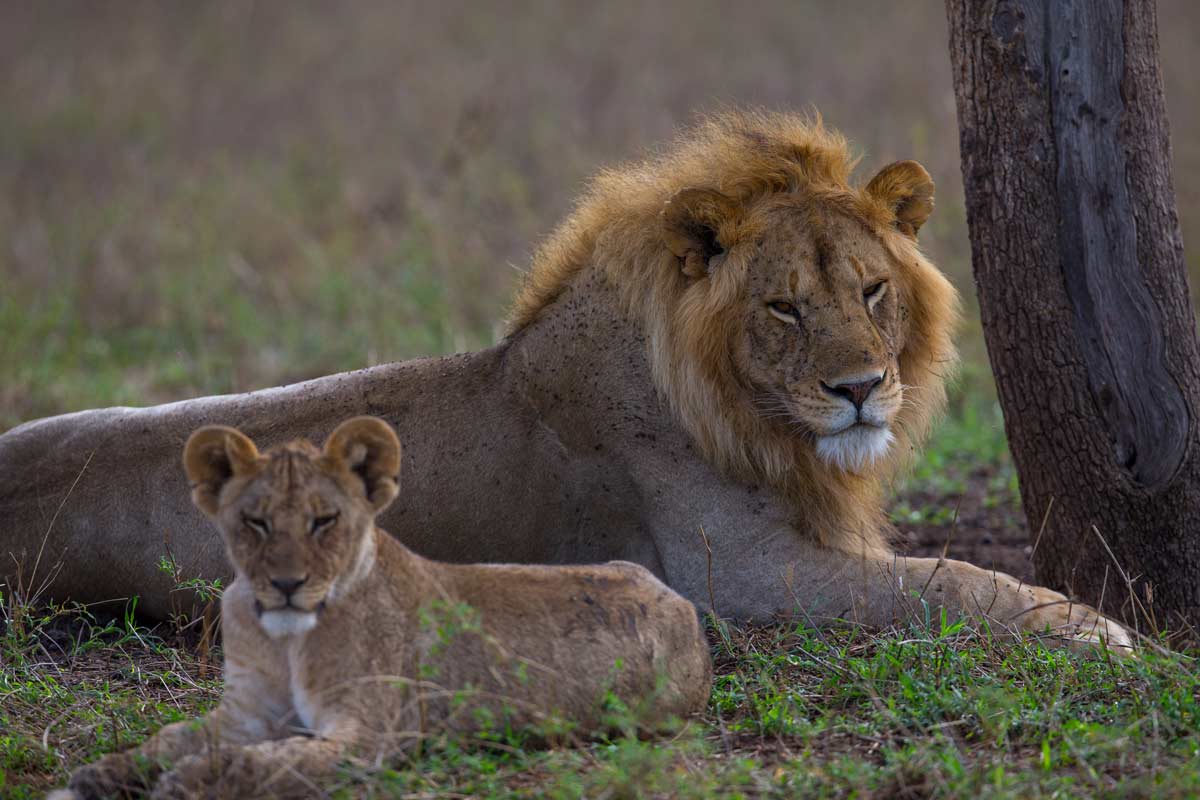
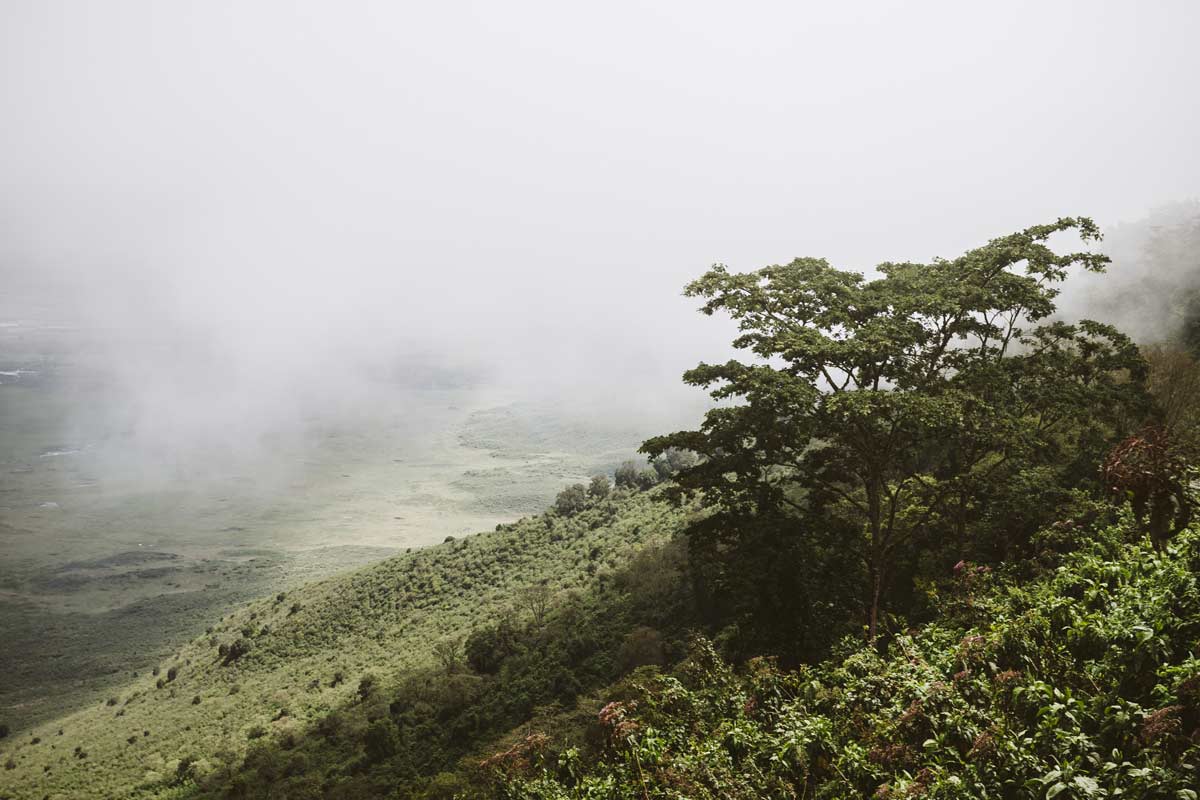
With all the world is experiencing at the moment, it seems unfathomable to have to think about all the ways climate change has and will continue to change life on Earth.
However, one of the realities that this global pandemic has revealed is that our actions have a major impact on the natural world – from the illegal wildlife trade to the the levels of carbon dioxide emissions caused by human activity.
Climate change is a manmade disaster caused by the way we have been living and treating the planet. Just as our actions have gotten us here, they can help save us.
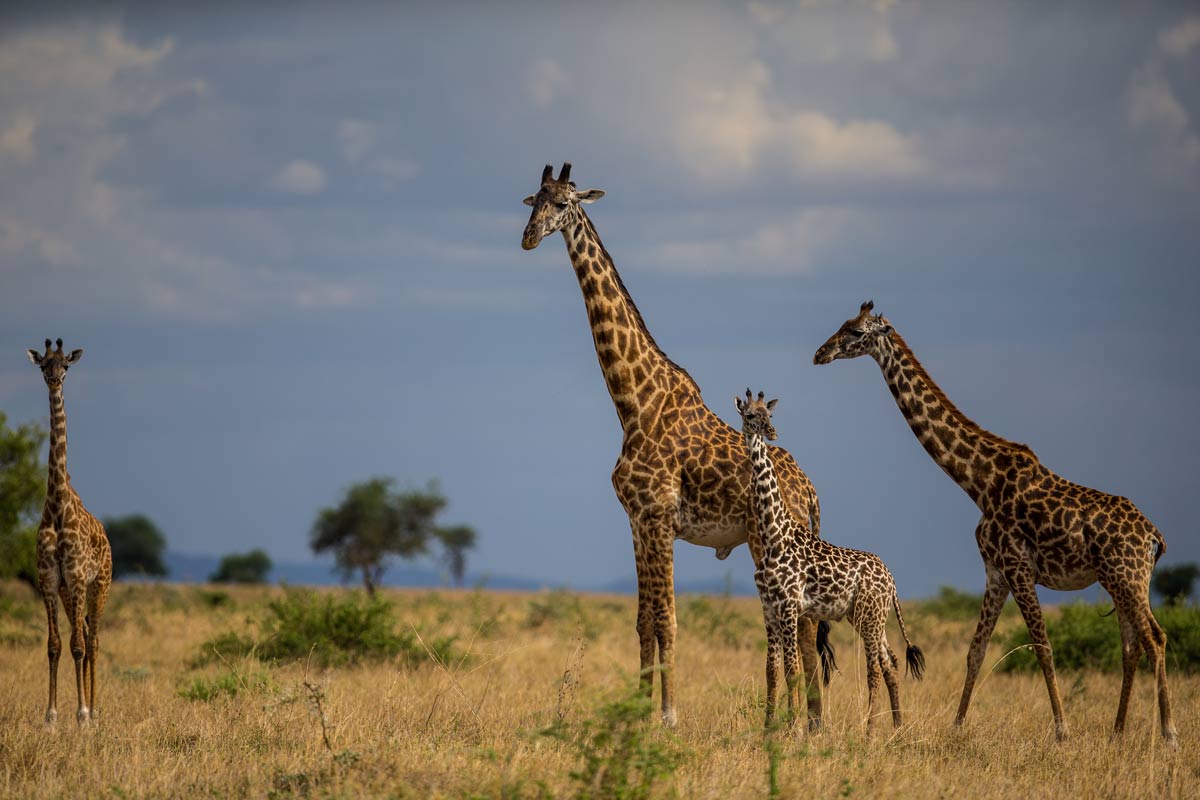
What can you do to help save our planet?
1The concentration of carbon dioxide, a harmful greenhouse gas, in our atmosphere is the highest it has been in over 3 million years. As global carbon emissions continue to rise because of human activities, like the burning of fossil fuels, vulnerable communities are left on the frontline of climate change. By reducing the amount of carbon dioxide in the Earth’s atmosphere, we can help prevent global temperatures from rising by an additional 2 degrees Celsius, which will help ensure that climate conditions on Earth are still able to support all life forms.
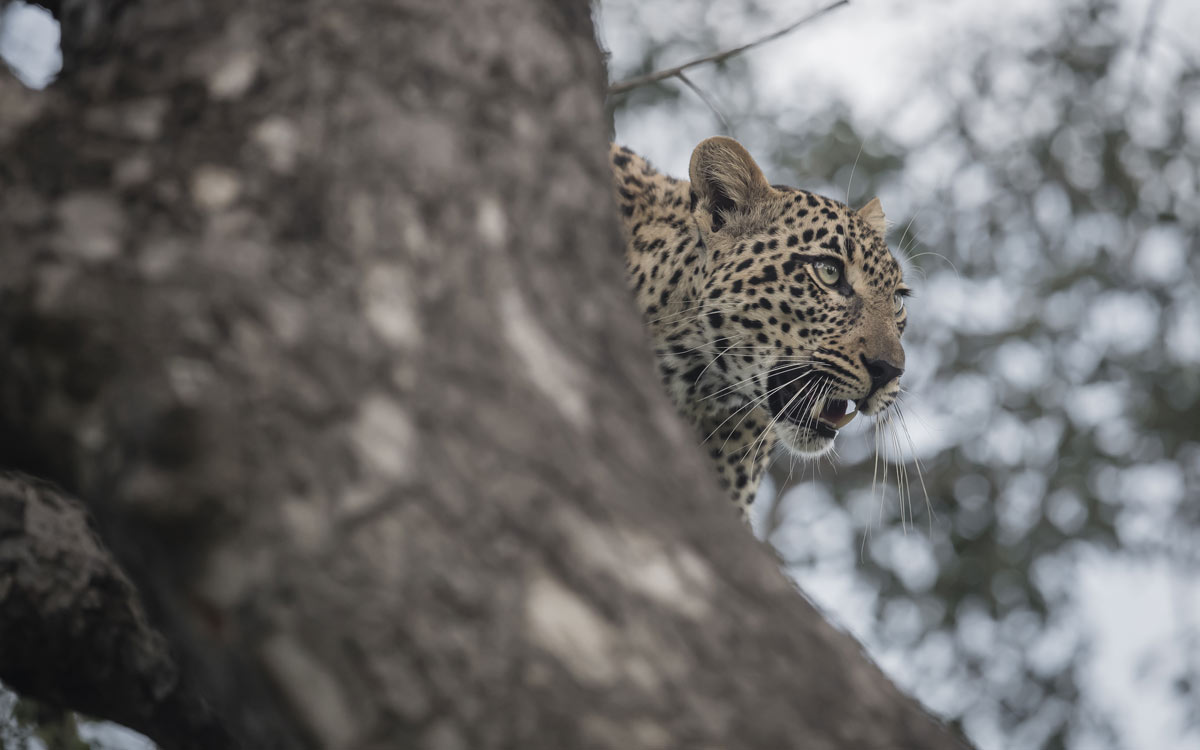
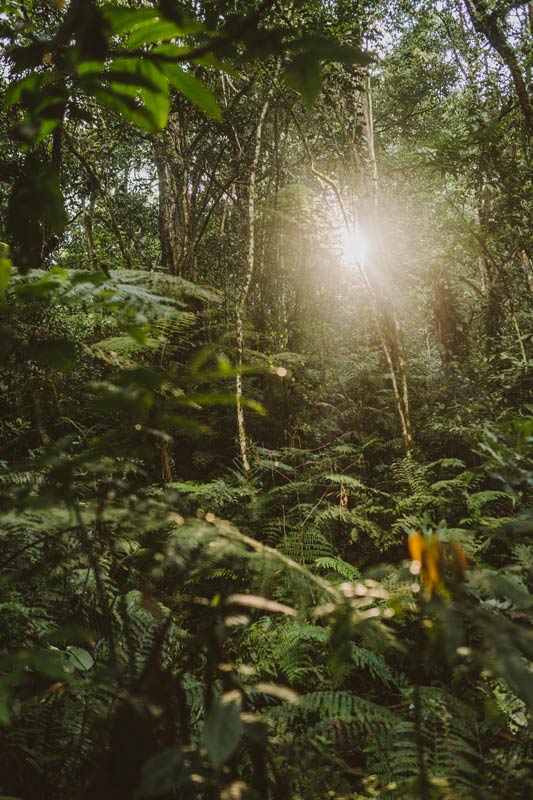
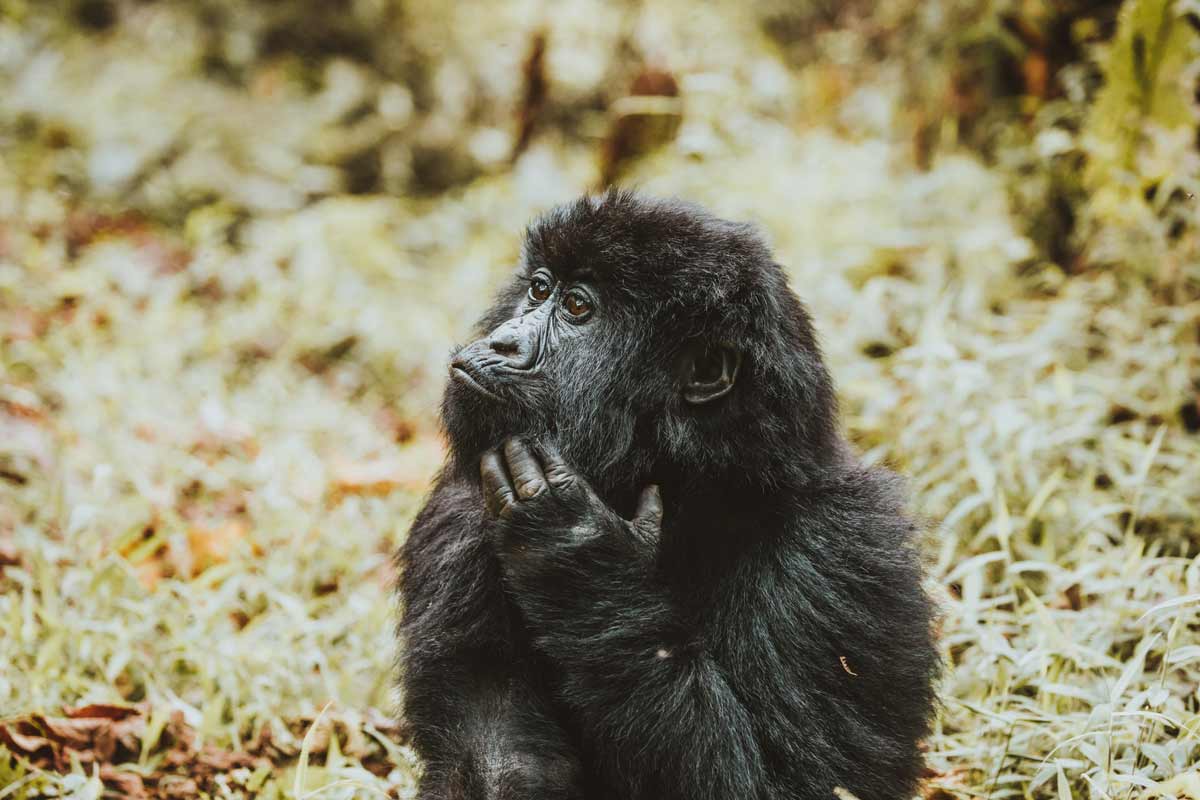
2We need nature more than ever to help repair our broken climate. Nature is designed to capture and store carbon dioxide. By focusing on natural climate solutions like reforestation, restoration of land, conservation of wilderness areas, sustainable land management and regenerative agriculture – we can help support the natural capturing of harmful carbon dioxide.
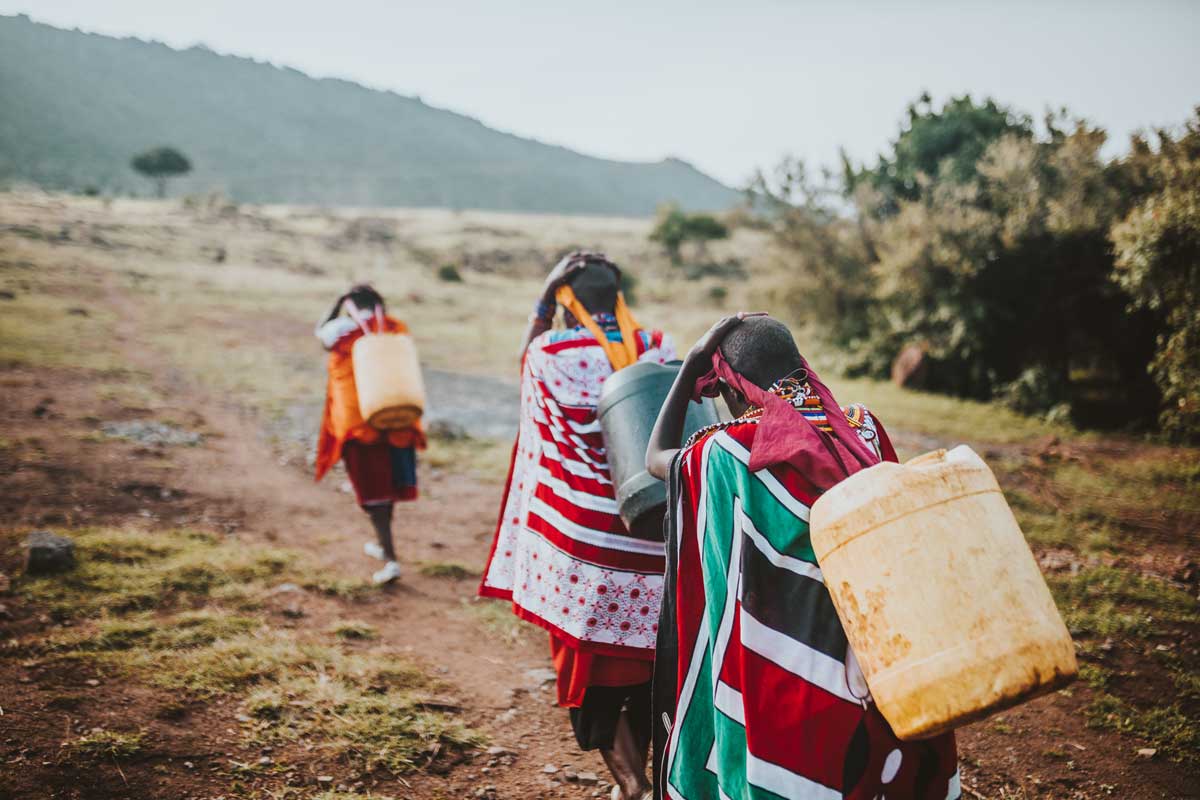
3We all need to do our part to reduce our individual emissions. Small changes like using more sustainable transport, reducing air travel and only flying when necessary, saving energy at home and supporting local and sustainable businesses can have a huge impact.
4While this isn’t always possible in certain situations, there are alternatives like carbon offsetting to help with unavoidable emissions. Carbon offsetting is a way to compensate for emissions made elsewhere, which can help ensure that for every tonne of carbon dioxide released by your actions such a flying, one tonne less is emitted by supporting carbon offset projects such as reforestation, or supporting the switch to sustainable energy in underprivileged communities.
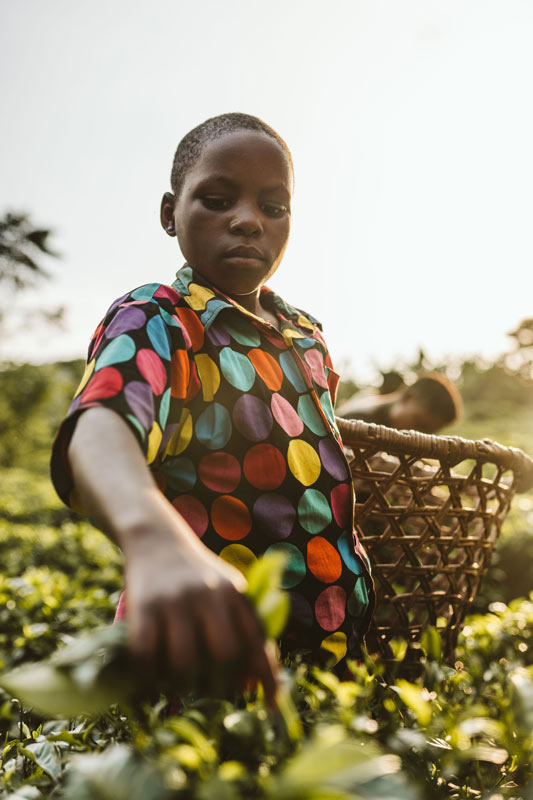
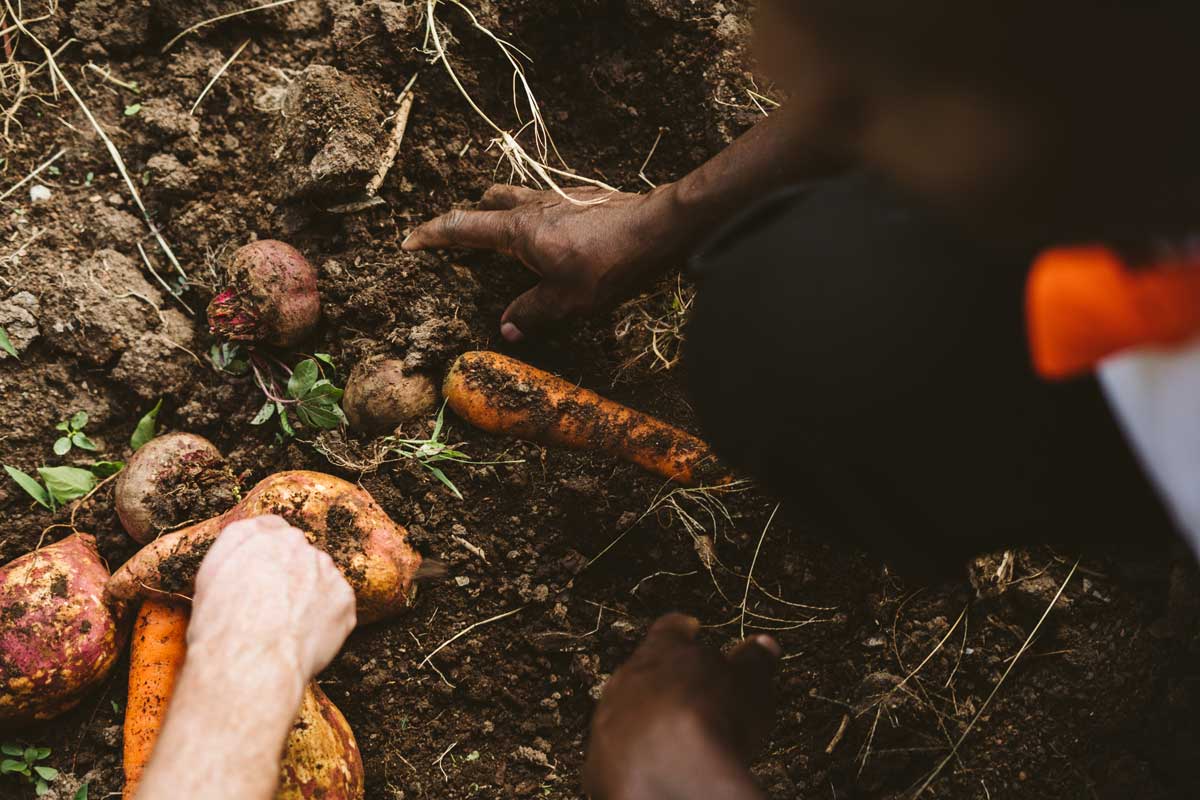
5Consume and waste less – when we consume less, we produce fewer emissions and help reduce the demand for products that hurt our Earth. Re-using items and supporting second-hand stores are a great way to help reduce your emissions.
6Adopt a climate-friendly diet by reducing your meat consumption, supporting local and organic produce suppliers, shopping for sustainable meat and fish products only, growing your own veggies and reducing food waste. Globally, it has been estimated that 18% of all greenhouse gas emissions are associated with meat consumption, going meatless for just one meal a week can make a huge difference.
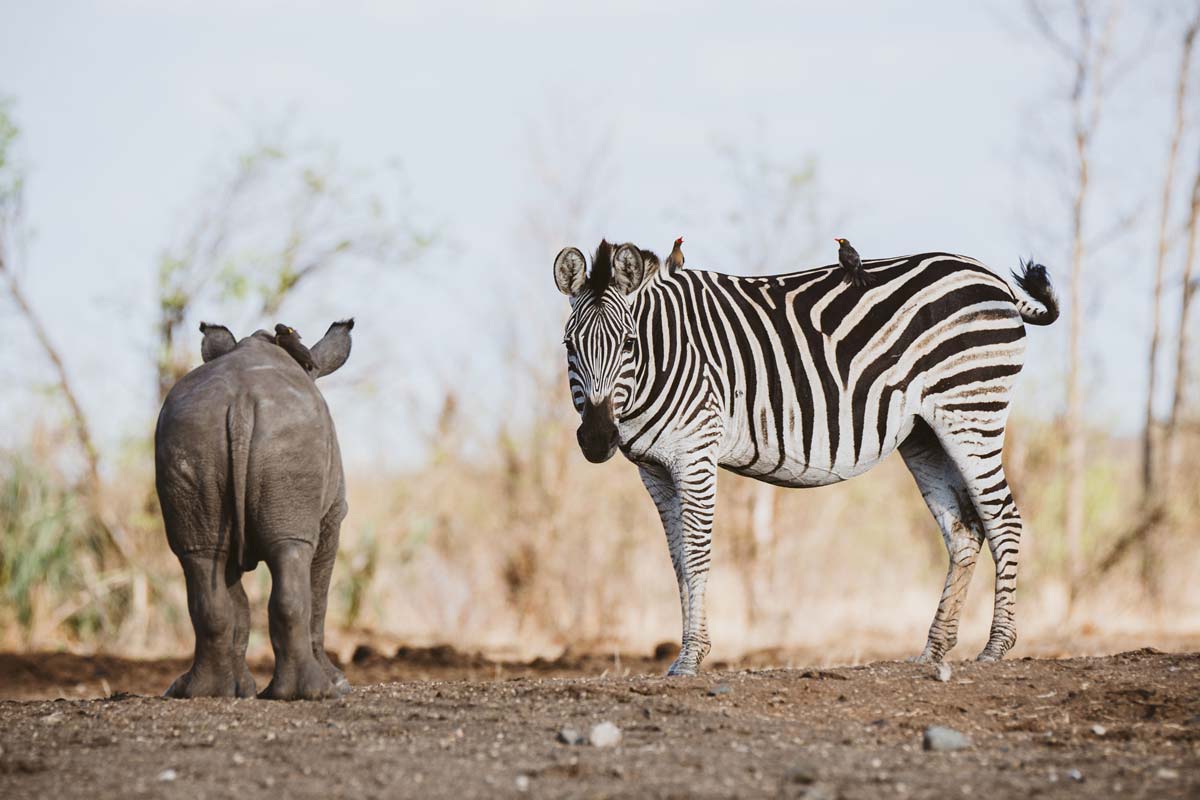
7Fossil fuels are a major driving force of climate change. Switching to cleaner energy options such as solar panels and adopting energy-saving habits at home can help reduce your contribution to the burning of fossil fuels. We need to stop relying on fossil fuels and invest in renewable energy options. You can also help by no longer supporting corporations that invest in the burning of fossil fuels.
8Choose deforestation-free products where possible. Palm oil, for example, is one of the most popular vegetable oils and is found in almost all products from chocolate to shampoo, despite the fact that the production of palm oil is destroying our world’s forests. By opting for products that are palm oil-free, we decrease the global demand for these types of products and can ultimately make a difference in preventing deforestation.
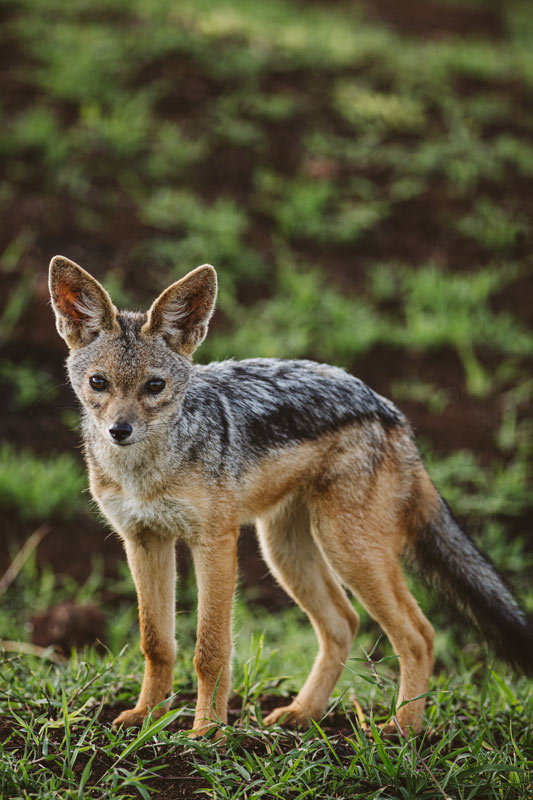
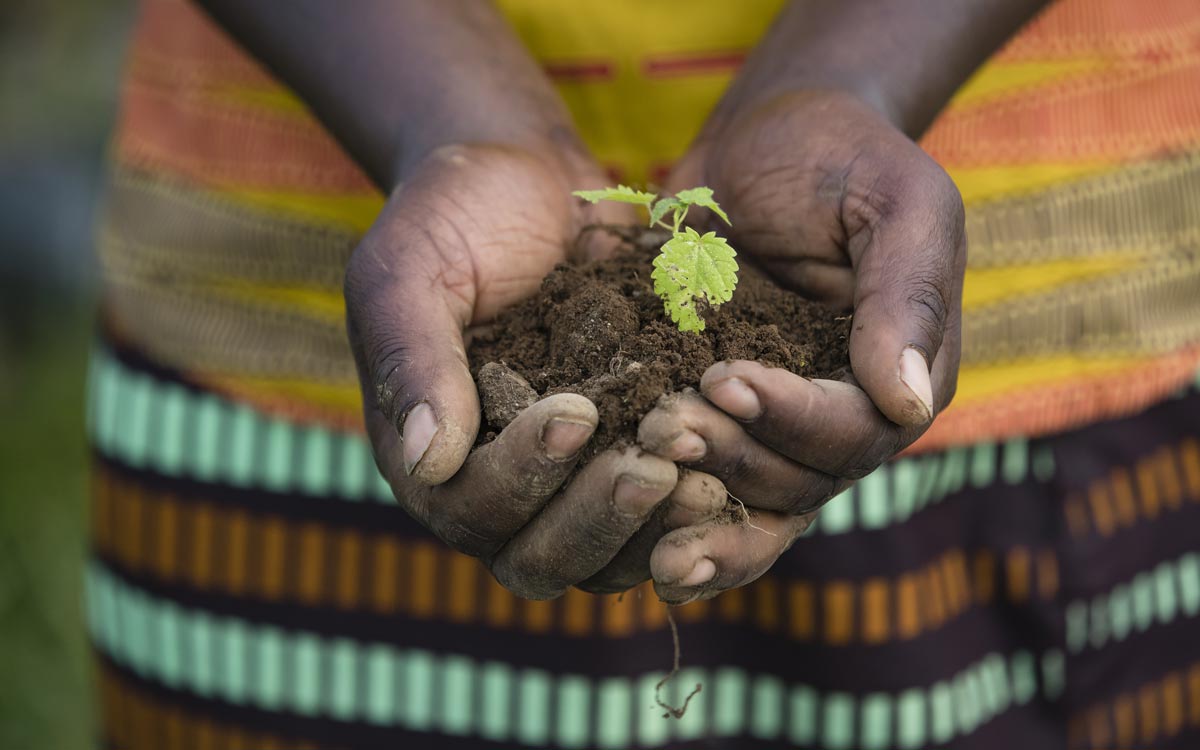
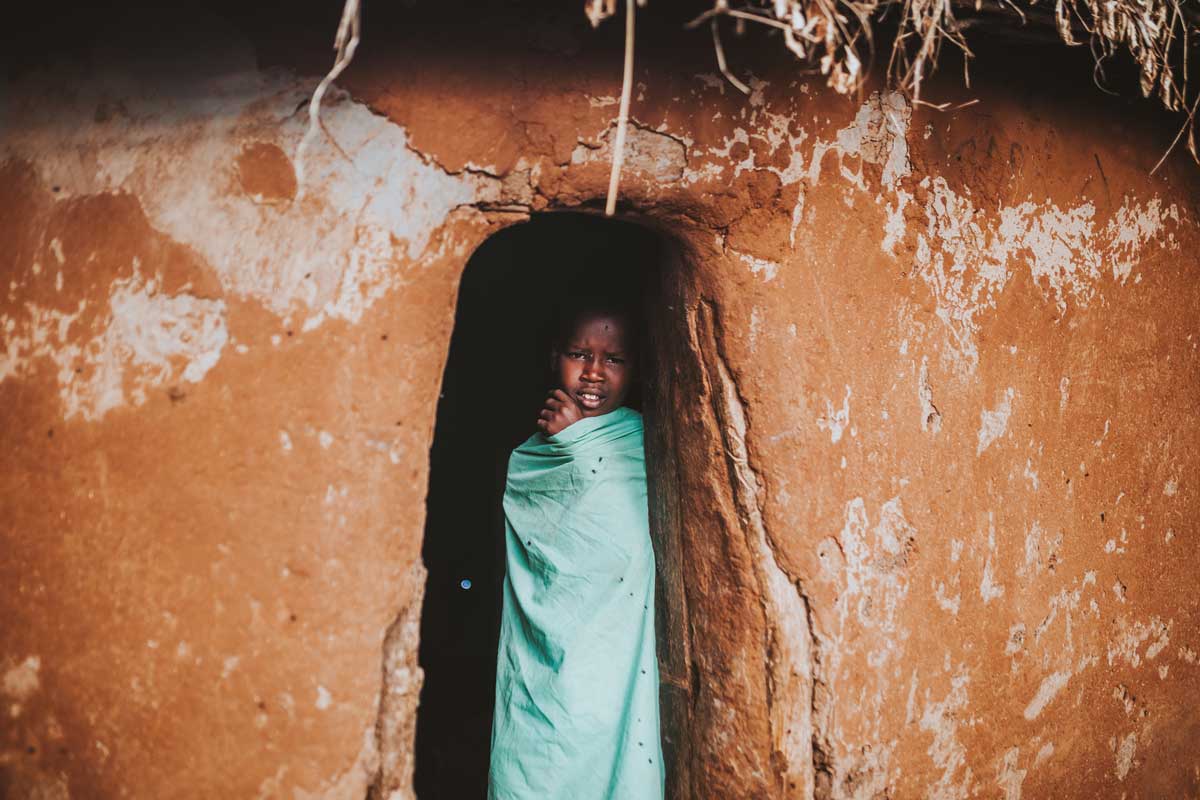
9To evoke change on a global scale, we need our world leaders to step up and be held accountable. We need to be politically active and aware of the policies surrounding climate change in our countries. Use your voice to make a difference and vote responsibly.
10Educating and empowering vulnerable communities and marginalised groups, who will be the most adversely impacted by climate change, will play a huge role in fighting the climate crisis. Climate change is not centralised; emissions caused by mass industrialisation in developing countries can have a huge impact on impoverished communities throughout Africa and other countries in the Global South. By supporting individuals and organisations working to educate and empower people and provide relief from the effects of climate change in areas that are most impacted, we can help mitigate the effects of climate change.
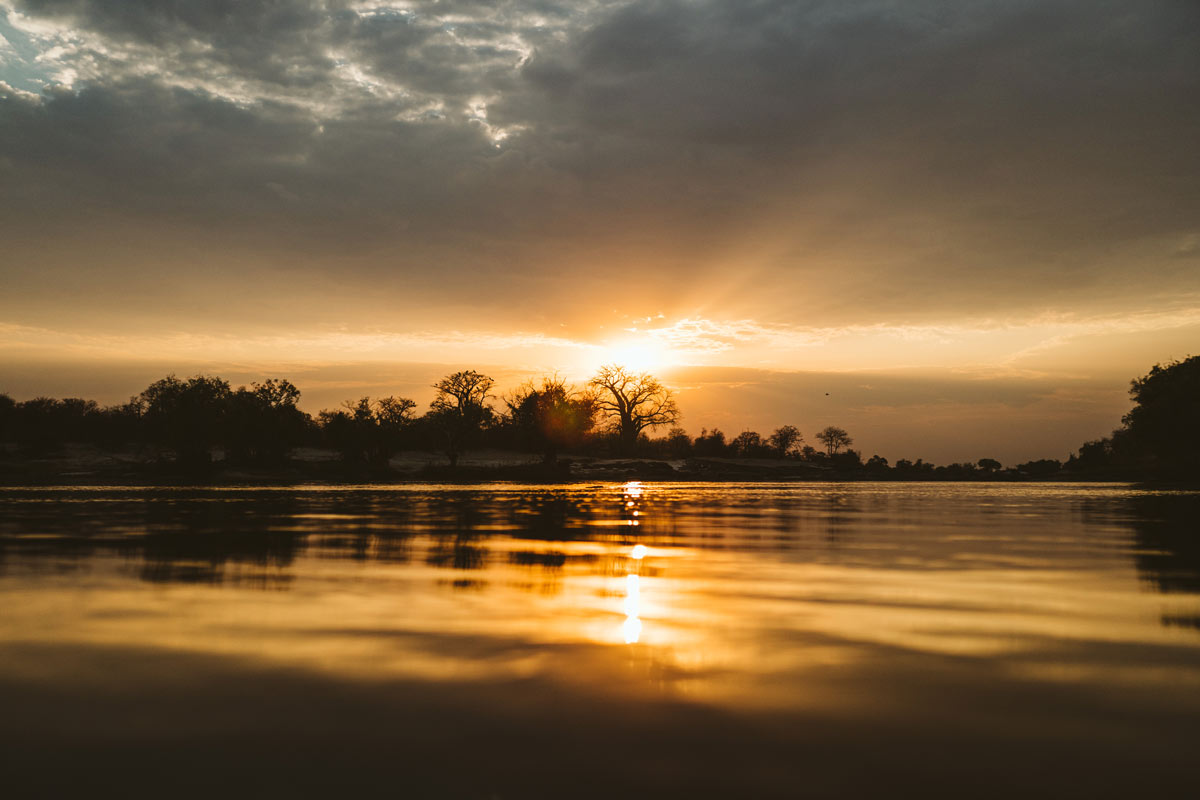
2020 is a key turning point in the fight against climate change.
If we protect nature, nature will protect us. We need to take control of our future and save our planet. We need to create a world in which both humans and wildlife can thrive. We are the last generation that can stop climate change. It is up to us to fight for our future.
Together We Earthrise.
Photos by James Suter, Alizè Jireh, Chris Joubert and Sacha Specker.

